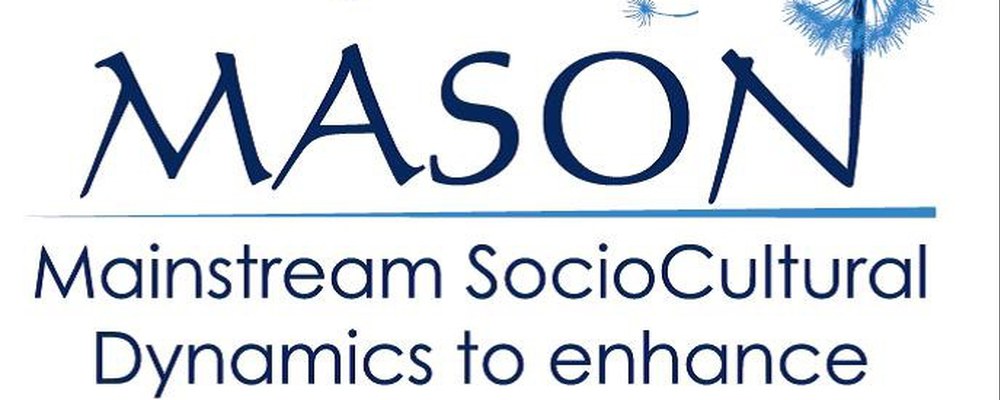Mainstreaming SocioCultural Dynamics to Enhance National Lifelong Learning Strategies
Project objectives
MASON is a project for the facilitation of lifelong learing strategies within a national context, focusing on socio-cultural dynamics. The objective is to put in place a trans-national peer learning process under the scope of enhancing the development of mutual understanding across the LLL actors and between the prevailing educational traditions in Europe on coherence and comprehensiveness of Strategies on LLL. The project is built on the results of a previous project – EFELSE (Evaluation Framework for the Evolution of LLL Strategies in Europe; https://beta.rz.unibw-muenchen.de/llm-en/research/projects/efelse), where identified were the strengths, weaknesses, opportunities and threats for the implementation of NLLLS from a country perspective.
MASON's overall goal is to support the establishment and implementation of coherent and comprehensive lifelong learning strategies and complementary policies at national, regional and local levels across types and levels of education. The project focuses on the relations of the existing LLL frameworks with the implied socio-cultural dynamics of the region. It comes to be implemented in and on the development of understanding across stakeholders and contexts. Another important concern is the transfer of innovation of practices and actions from a learning tradition to another.
Project content
Overall, the MASON project is an attempt to identify, discuss/negotiate and propose ways to overcome constraining factors in LLL through a highly reflective and interactive process. The project:
PRODUCES NEW KNOWLEGE: on the relations between LLL implementation and socio-cultural dynamics
NEGOTIATES NEW KNOWLEDGE: with stakeholders through innovative (focused) approach (Consensus Building) between stakeholders of different types and forms of education and training from diverse learning traditions
DEVELOPES TOOLS (PORTAL SYSTEM): for exploitation of results (based on an Action Plan designed approach) and promotion of the LLL concept supported by indicators and case examples on good practices
The outputs facilitate policy articulation and enhance self-reflection in implementation and refinement of practices on LLL from a learning tradition perspective.
